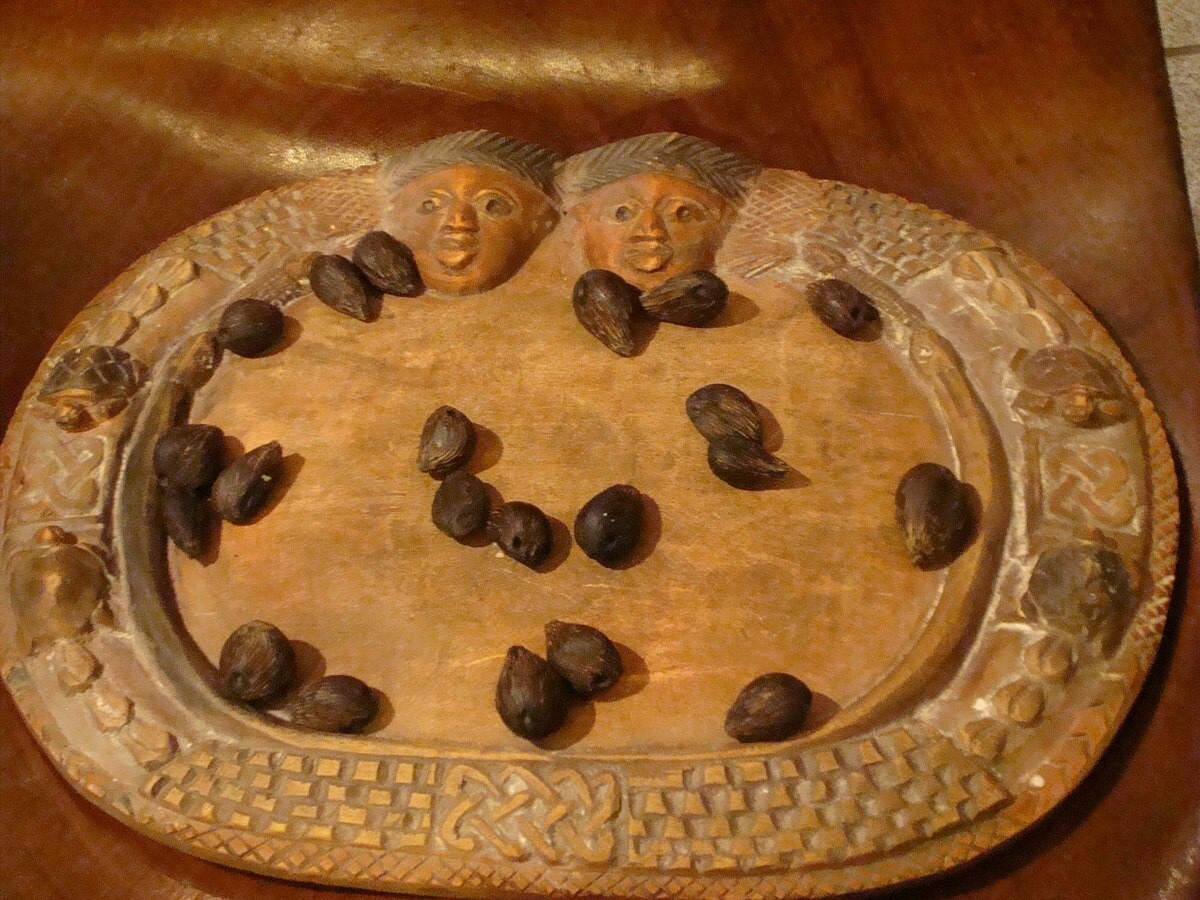
Ifá is an ancient spiritual tradition originating from the Yoruba people of West Africa. This rich system of divination and wisdom has been passed down through generations, offering guidance and insight into life's mysteries. Ifá practitioners, known as Babalawos or Iyanifas, use a sacred text called the Odu Ifá to interpret messages from the divine. The practice involves rituals, chants, and the casting of sacred objects like palm nuts or cowrie shells. Ifá isn't just about predicting the future; it’s a holistic approach to understanding one's destiny and aligning with universal forces. This tradition has influenced many Afro-Caribbean religions, including Santería and Candomblé. Curious about the depth and breadth of Ifá? Here are 28 fascinating facts that will deepen your appreciation for this ancient wisdom.
What is Ifá?
Ifá is a complex system of divination that originated with the Yoruba people of West Africa. This spiritual practice is deeply rooted in the culture and traditions of the Yoruba and has spread to various parts of the world. Here are some fascinating facts about Ifá.
-
Ifá is a divination system used by the Yoruba people to communicate with the spiritual world.
-
The practice is based on the belief in a supreme being called Olodumare.
-
Ifá uses a set of sacred texts known as the Odu Ifá, which contains wisdom and knowledge.
-
The divination process involves a priest called a Babalawo, meaning "father of secrets."
The Tools and Symbols of Ifá
The practice of Ifá involves various tools and symbols that are essential for divination. These items hold significant meaning and are used to interpret messages from the spiritual realm.
-
One of the primary tools used in Ifá divination is the Opele, a chain with eight half-seed shells.
-
Another important tool is the Ikin, sacred palm nuts used to cast divination.
-
The divination tray, known as Opon Ifá, is used to interpret the patterns formed by the Opele or Ikin.
-
Symbols and markings on the Opon Ifá represent different Odu, or chapters, of the sacred texts.
The Role of the Babalawo
The Babalawo plays a crucial role in the practice of Ifá. This priest is responsible for interpreting the messages from the spiritual world and guiding individuals based on these insights.
-
A Babalawo undergoes extensive training to master the art of divination.
-
They learn to memorize and recite the verses of the Odu Ifá.
-
The Babalawo also performs rituals and sacrifices to appease the deities.
-
They provide spiritual guidance and solutions to problems based on the divination results.
The Spread of Ifá
Ifá has transcended its origins in West Africa and has influenced various cultures and spiritual practices around the world.
-
The transatlantic slave trade played a significant role in spreading Ifá to the Americas.
-
In Cuba, Ifá evolved into Santería, blending with Catholicism and other African traditions.
-
Brazil has a similar practice known as Candomblé, which also incorporates elements of Ifá.
-
Ifá has gained popularity in the United States, with many people embracing its teachings and practices.
The Importance of Ifá in Yoruba Culture
Ifá is not just a divination system but a way of life for the Yoruba people. It influences various aspects of their culture, from daily activities to major life events.
-
Ifá is consulted for important decisions, such as marriage, business, and health.
-
Festivals and ceremonies often involve Ifá rituals and divination.
-
The Yoruba calendar is based on the Ifá system, with specific days dedicated to different deities.
-
Ifá teachings emphasize the importance of living in harmony with nature and the spiritual world.
The Sacred Texts of Ifá
The Odu Ifá is a collection of sacred texts that form the foundation of Ifá divination. These texts contain wisdom, stories, and teachings that guide the Yoruba people.
-
There are 256 Odu, each with its own set of verses and interpretations.
-
The verses cover various topics, including morality, health, and prosperity.
-
The Odu Ifá is passed down orally from generation to generation.
-
Each Odu has multiple layers of meaning, requiring deep understanding and interpretation.
Modern-Day Practice of Ifá
Despite its ancient origins, Ifá continues to be relevant in modern times. People around the world practice Ifá, adapting it to contemporary life while preserving its core principles.
-
Many practitioners use technology to connect with Ifá communities and share knowledge.
-
Online platforms and social media have made Ifá more accessible to a global audience.
-
Workshops and seminars are held to educate people about Ifá and its practices.
-
Ifá continues to evolve, blending traditional practices with modern innovations.
The Heart of Ifá
Ifá, a rich spiritual tradition, offers a deep well of wisdom. Rooted in Yoruba culture, it connects people to their ancestors and the divine. The Orishas guide followers through life's challenges, providing insight and support. Divination through Ifá helps individuals find clarity and direction, making it a vital tool for personal growth.
The Odu Ifá, sacred texts, hold timeless knowledge. They teach moral lessons, cultural values, and practical advice. Practitioners use these texts to navigate life's complexities, ensuring harmony and balance.
Ifá's influence extends beyond spirituality. It shapes art, music, and community life. Festivals and rituals bring people together, fostering a sense of belonging and continuity.
Understanding Ifá means appreciating its role in preserving cultural heritage. It’s not just a belief system but a way of life that enriches and sustains communities.
Was this page helpful?
Our commitment to delivering trustworthy and engaging content is at the heart of what we do. Each fact on our site is contributed by real users like you, bringing a wealth of diverse insights and information. To ensure the highest standards of accuracy and reliability, our dedicated editors meticulously review each submission. This process guarantees that the facts we share are not only fascinating but also credible. Trust in our commitment to quality and authenticity as you explore and learn with us.


